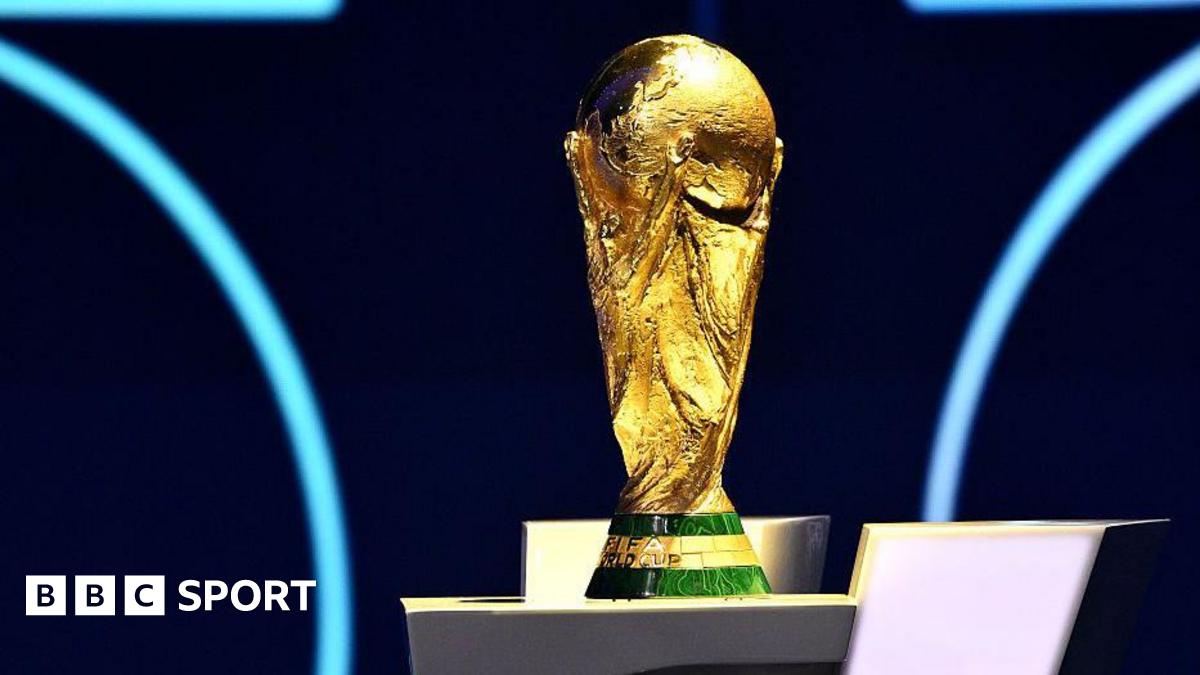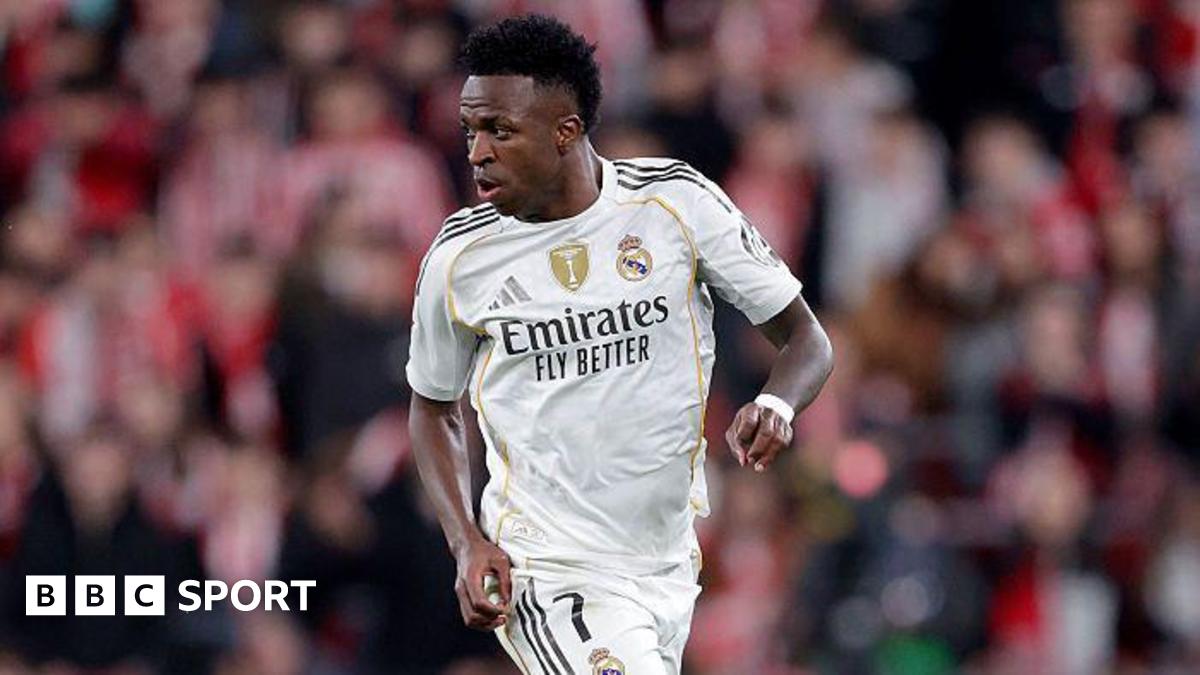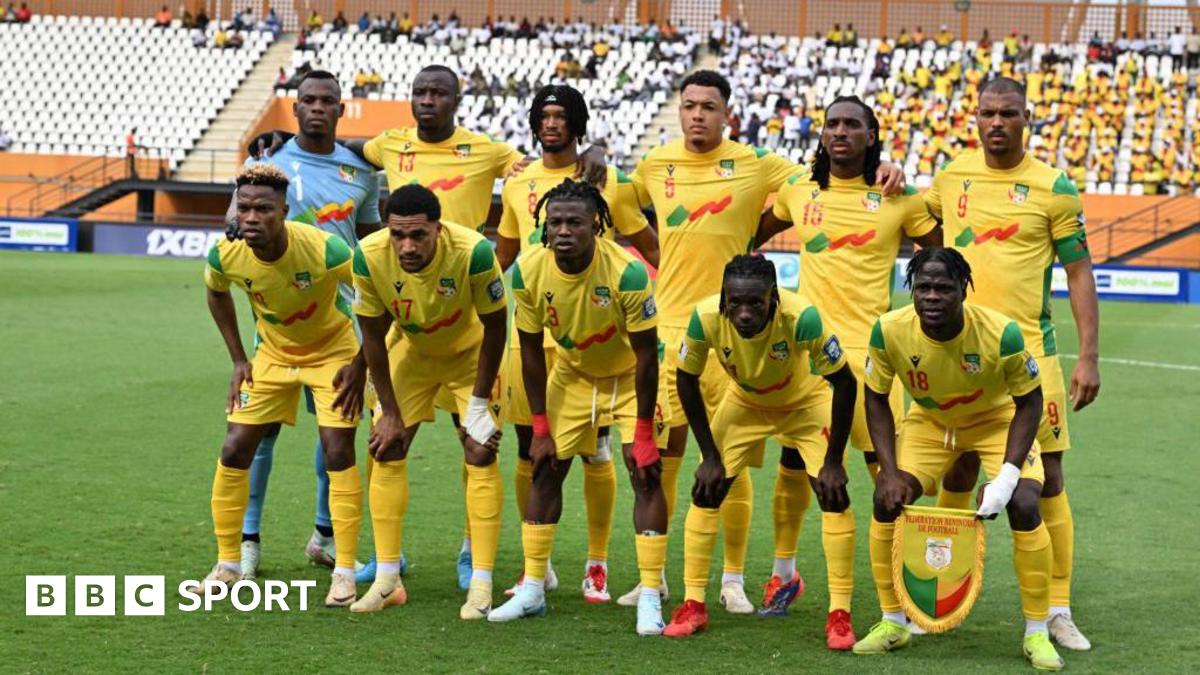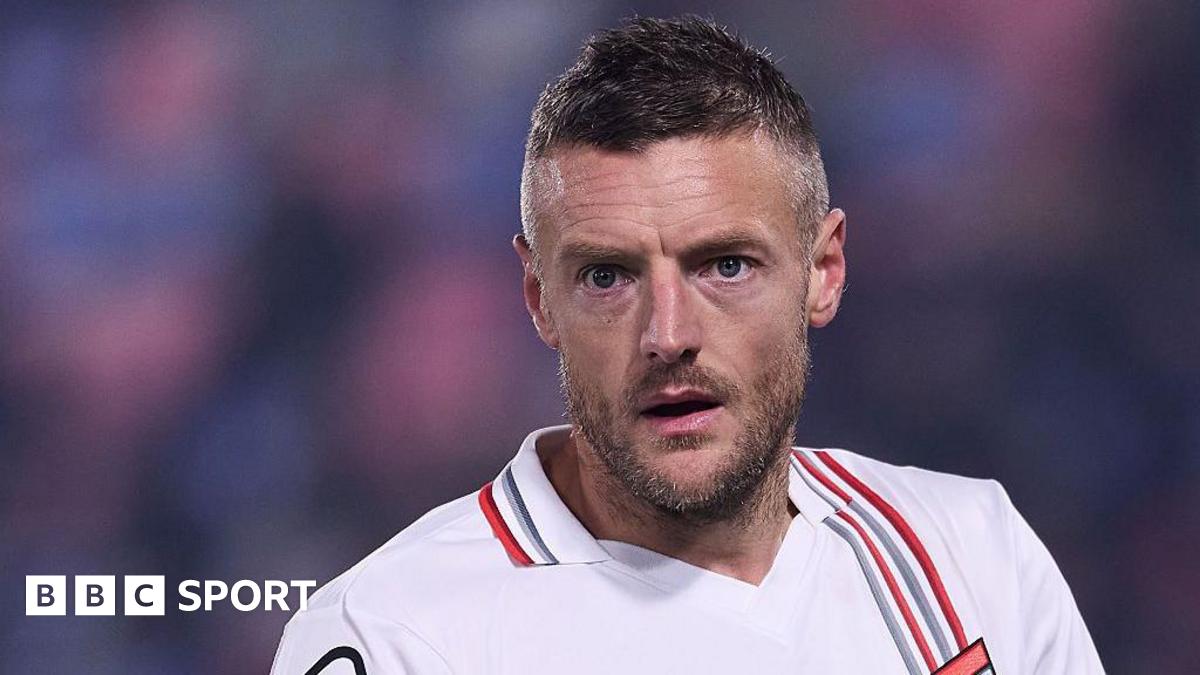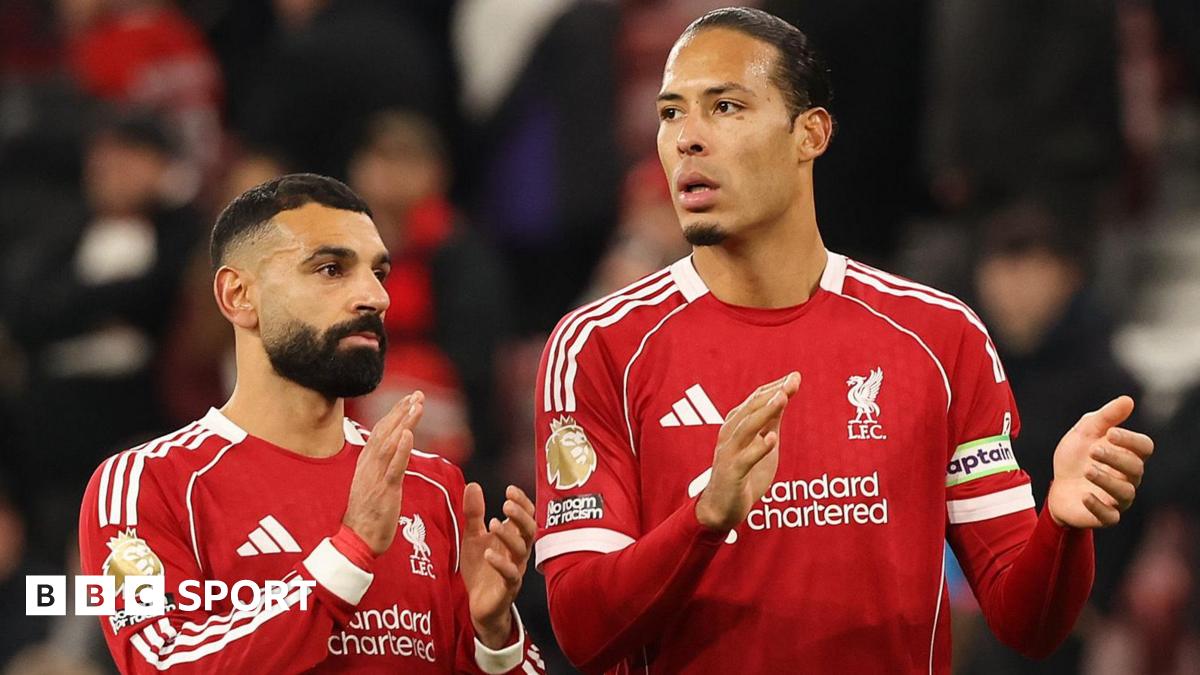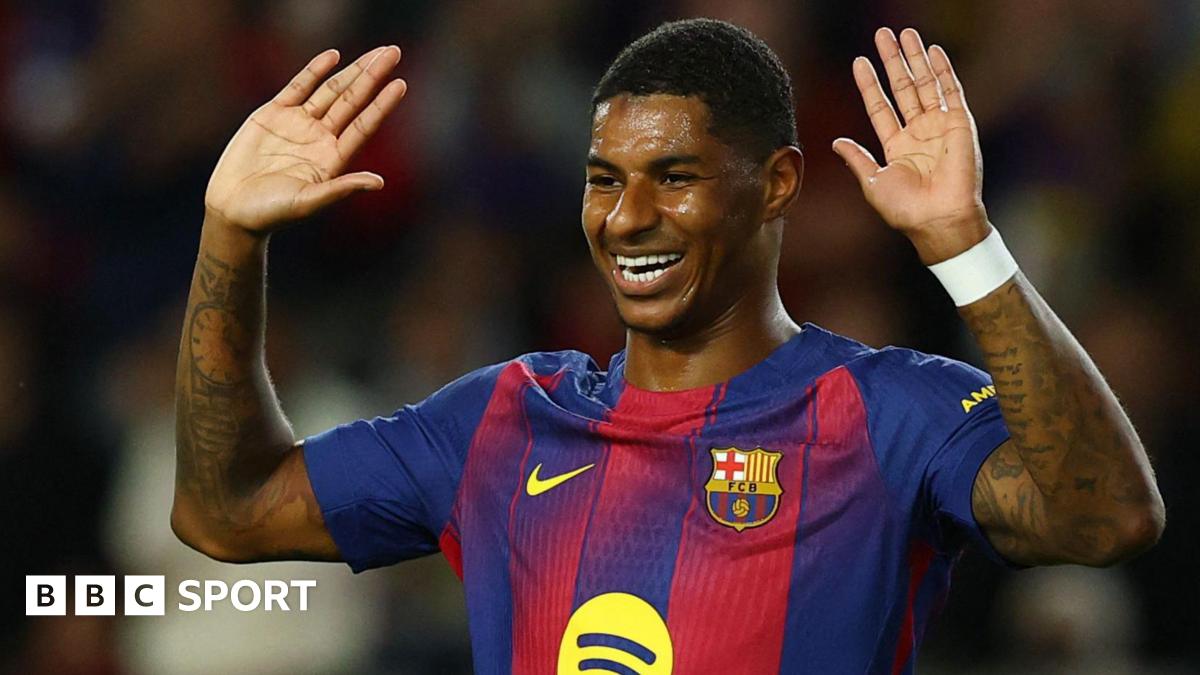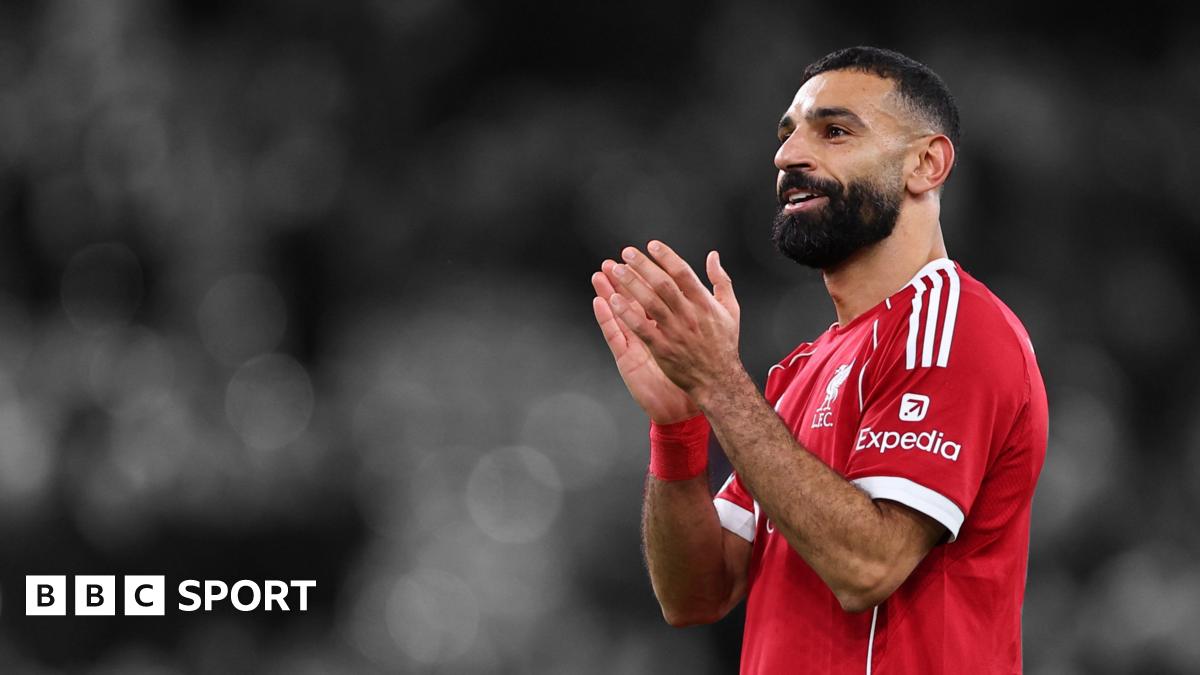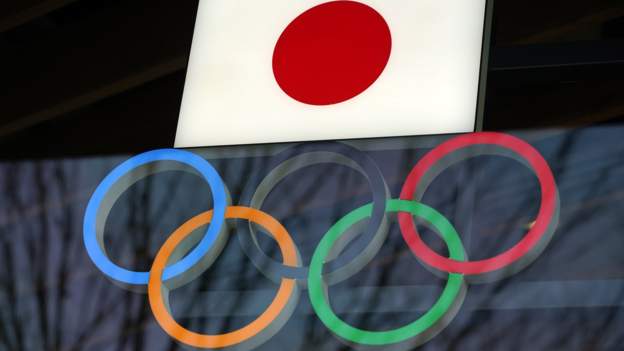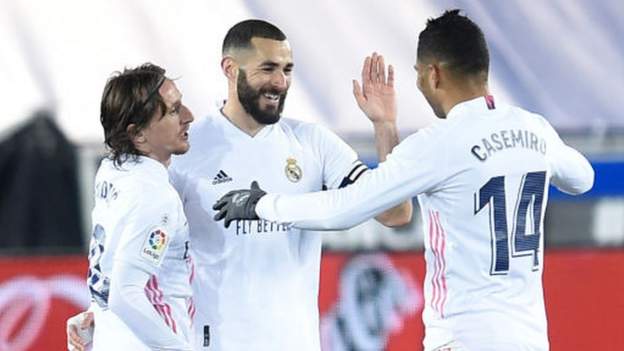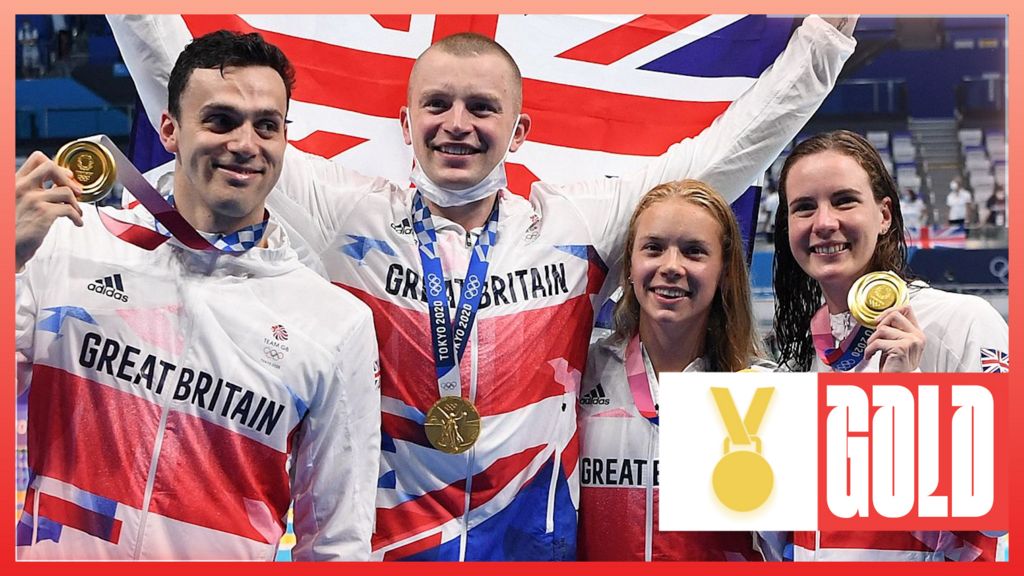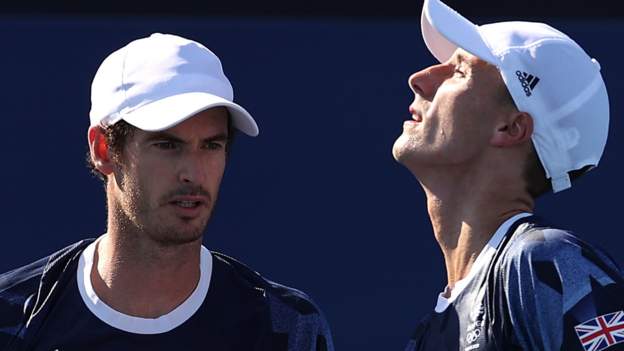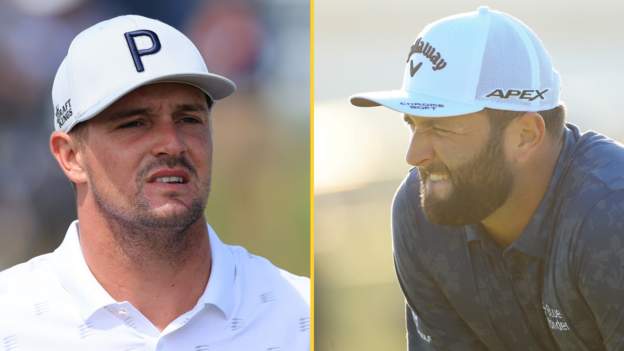The rescheduled Tokyo Games may have to be held behind closed doors if they are to go ahead in Japan this year, athletics chief Lord Coe has admitted.
The World Athletics president remained confident the Olympics and Paralympics would take place despite a Times report suggesting they would be cancelled.
“I would love to have fans, noisy and passionate,” Coe told the BBC.
“But if the only way we’re able to deliver it is behind closed doors, I think everybody is accepting of that.”
Coe, who headed the London 2012 organising committee and is also an International Olympic Committee (IOC) member, said, in the event of a cancellation, it was “not a realistic solution” to push back Paris 2024 and Los Angeles 2028 in order for Tokyo to host the Olympics in three years’ time.
Last March, organisers decided to postpone the 2020 Games for a year because of the Covid-19 pandemic. However, doubts over whether they would happen at all increased in recent weeks following a rise in cases in some countries, including Japan where a state of emergency was declared in Tokyo.
A report in Friday’s Times newspaper quoted a senior member of the ruling coalition, who said the events would be cancelled.
In response to that article, Tokyo 2020 organisers released a statement declaring that Japan’s prime minister Yoshihide Suga had “expressed his determination” to hold the Olympics and Paralympics and that all stakeholders remained focused on delivering the event. The IOC said the suggestion of a cancellation was “categorically untrue”.
The International Paralympic Committee (IPC) said that “with the robust measures and plans we have in place, the Games can and will go ahead safely”. The Olympics are due to start on 23 July, followed by the Paralympics on 24 August.
Tokyo 2020 chief executive Toshiro Muto said a global rollout of Covid-19 vaccines could be a key factor in allowing the Games to be staged.
“Once vaccinations are conducted widely in the US and Europe, I think there is no doubt that it will have a positive effect [on the Games],” he said on Friday.
“However, it doesn’t solve everything. We are hopeful about the vaccines, but at the same time, I think it is inappropriate to be totally dependent on it.”
Coe added: “It’s a challenge – it’ll be delusional not to believe that.
“There are two really big differences between this time last year and where we are today. One is the vaccine, and that will be rolled out quite dramatically over the next few months. We are still six months away from the Games.
“And, in our own sport, the athletes still have access to their training facilities and are still competing.”
- You can stream five fourth-round games live on the BBC this weekend, including Liverpool’s trip to Manchester United. Find out more here.

Analysis
BBC sports editor Dan Roan
Organisers appear furious with the suggestion that the Japanese government has already secretly decided to cancel the Games, and some insiders insist the motivation of the anonymous source behind the story is to destabilise the country’s coalition government with a general election on the horizon.
Whether the story proves accurate or not, the problem the authorities have is that last year there were similar denials, and expressions of confidence, right up until the day before a seemingly inevitable postponement was confirmed.
Many critics will now suspect history is going to repeat itself.
The IOC is hoping that by the summer, when many countries have vaccinated the most vulnerable people and key workers, Olympic athletes can then be prioritised and that this could be a crucial means of getting the Games on.
But with the torch relay starting in just two months, the pressure is intensifying.
‘The noise doesn’t help the athletes’
Andy Anson, British Olympic Association chief, told BBC Radio 5 Live that there was “no plan B” and that he had been told the Games would go ahead as scheduled.
He added: “The noise doesn’t help… it doesn’t help the athletes.
“They need to focus on preparing for the Games. We’re hearing consistently from the IOC and Tokyo they are going ahead – it’s just a question of how.”
‘Times story not first to cast doubt’
Rupert Wingfield-Hayes, BBC’s Tokyo correspondent
The Tokyo Olympics will go ahead as planned – so says the Japanese government. It says Friday’s newspaper report contains no truth.
Yuriko Koike, the governor of Tokyo, has gone further – suggesting she might lodge a formal complaint against the Times – and Thomas Bach, the head of the IOC, has also chimed in, although his denial was slightly more equivocal.
Friday’s story is not the first to cast doubt on the rescheduled Tokyo Games. Last week a senior government minister was forced to correct himself after saying a decision on the Games could go either way. And with new Covid-19 cases in Japan running at over 5,000 a day, public opinion here is solidly against holding the Games this year.




